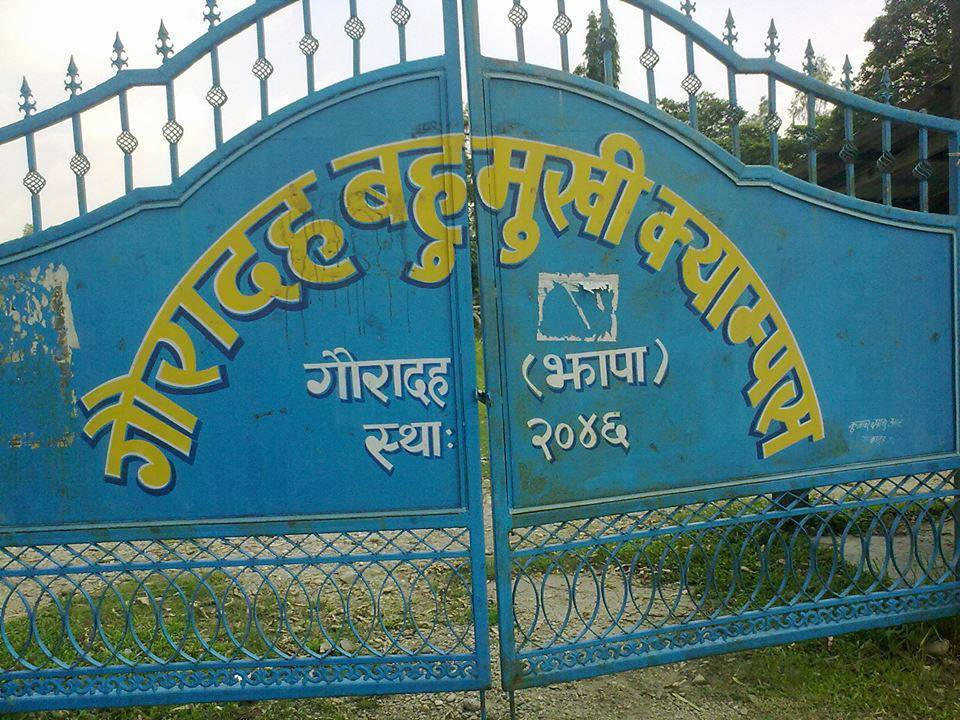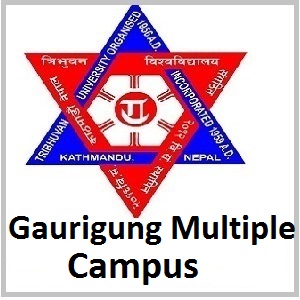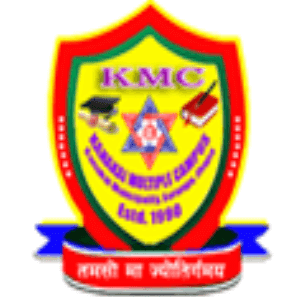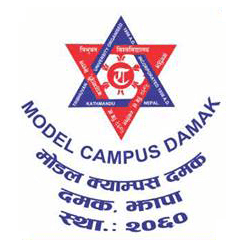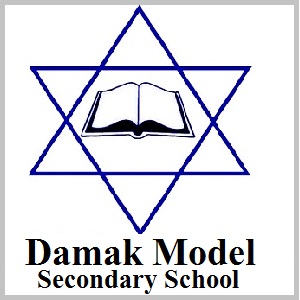Overview
Ten Plus Two in Education at Damak Multiple Campus, Jhapa
Ten Plus Two in Education at Damak Multiple Campus (DMC), Jhapa, is a two-year NEB-affiliated program designed for students who wish to understand how learning systems work.
It focuses on educational concepts, teaching foundations, and student development.
This course introduces learners to the evolution of education and its impact on individuals, institutions, and society.
Highlights
-
Program: Ten Plus Two (Education)
-
Affiliation: National Examination Board (NEB), Nepal
-
Location: Damak-9, Jhapa
-
Duration: 2 academic years (Class 11 & 12)
-
Medium: English and Nepali
-
Eligibility: Minimum GPA 1.6 in SEE
-
Focus: Teaching, Educational Systems, Guidance and Learning Development

Curriculum Details
The curriculum is flexible, allowing students to select subjects based on personal interests.
Compulsory Subjects (Both Grades):
-
English
-
Nepali
-
Mathematics or Social Studies and Life Skills
Recommended Optional Subjects in Education Stream:
-
Education and Development
-
Psychology
-
Sociology
-
Child Development and Learning
-
Population Studies
-
Human Value Education
-
Instructional Pedagogy and Evaluation
-
Library and Information Science
DMC helps students select the right mix of subjects to prepare for higher education and teaching pathways.
Objectives
-
To explore how teaching works in theory and practice
-
To understand how education systems function at different levels
-
To provide awareness of student needs, classroom behavior, and guidance methods
-
To prepare students to contribute meaningfully in schools or other learning spaces
Scope
Students completing this program often move toward:
-
Bachelor of Education (B.Ed.)
-
Bachelor in Arts (BA) with majors in education or social science
-
Teacher training institutions
-
Entry-level support roles in schools, NGOs, or youth-focused projects
-
Development studies or further study in psychology or sociology
Learning Outcomes
By the end of the course, students will be able to:
-
Understand key concepts of learning and education
-
Identify how guidance and counseling work in schools
-
Analyze educational trends and challenges in Nepal
-
Communicate clearly and write well-structured academic responses
-
Engage in group activities, discussions, and classroom observation
Skill Development Modules
-
Teaching basics and classroom participation
-
Report writing and academic documentation
-
Active listening and interpersonal communication
-
Research on educational issues and trends
-
Support strategies for younger learners
Teaching Methodology
Learning is based on class lectures, discussion sessions, assignments, and group work. Teachers include real-life cases, role-play, and peer review. Students are encouraged to reflect on their learning and participate in project-based tasks.
Admission Requirements
-
SEE passed with GPA 1.6 or higher
-
Submission of required documents (transcript, ID copy, character certificate)
-
Guidance and counseling support during subject selection
Career Opportunities
Though many students move forward to pursue a teaching license, this course also opens doors in:
-
Classroom support roles in private and public schools
-
Social work related to education and youth development
-
Education offices or administrative units
-
NGOs or community learning centers
-
Assistant roles in education-based research or content creation
Scholarships and Financial Aid
DMC provides scholarships based on academic record and family background. Special consideration is given to students from underrepresented communities and remote areas. Selection is done through a fair and open process.
Why Choose This Course?
-
Helps students understand how schools and learning environments function
-
Prepares them for further study in education or child development
-
Builds communication, leadership, and planning abilities
-
Offers a starting point for a future career in schools, NGOs, or government
-
Promotes self-awareness and community engagement
Conclusion
Ten Plus Two in Education at Damak Multiple Campus is more than a subject—it’s a way to understand how teaching changes lives. With its thoughtful mix of subjects and student-centered environment, this course offers a practical foundation for those who wish to guide, support, and educate others. It prepares students not just for classrooms, but for community learning and leadership as well.


.png)
